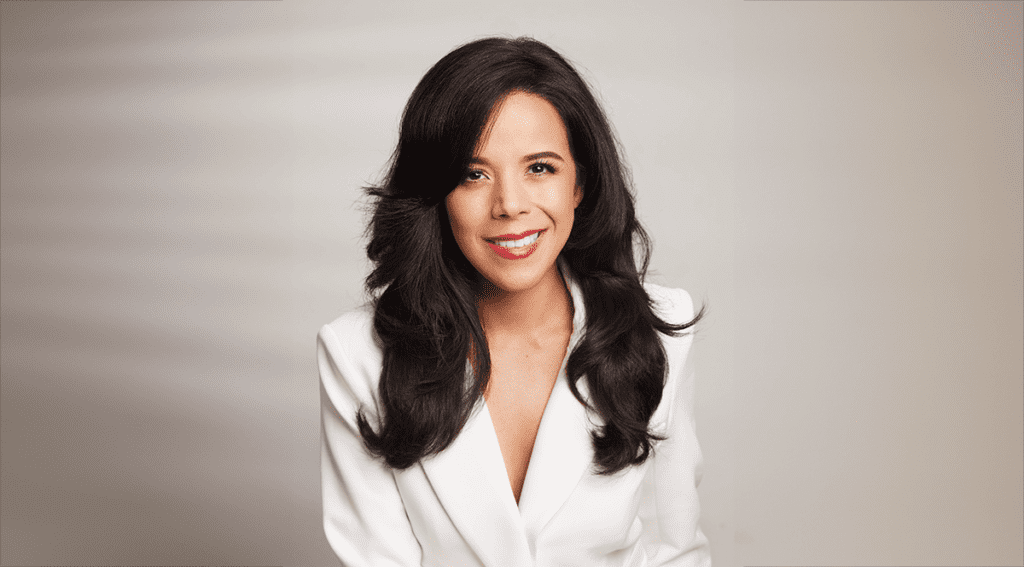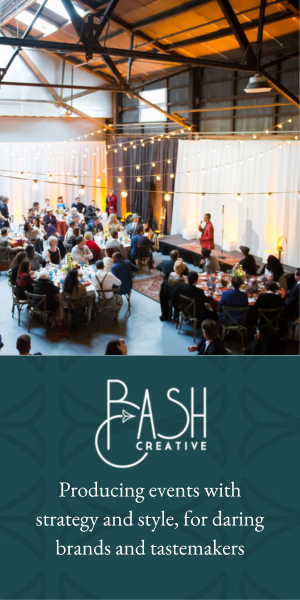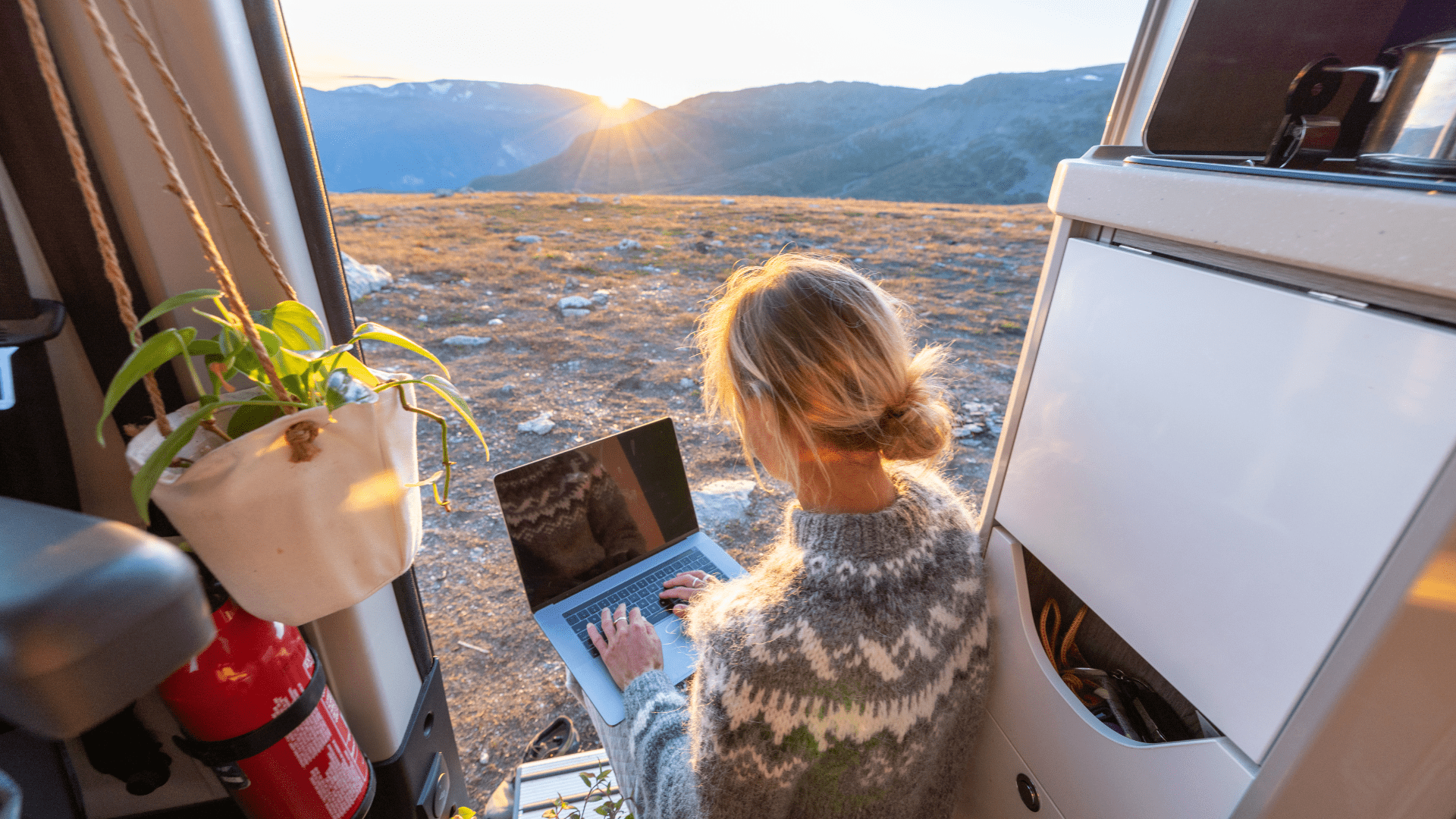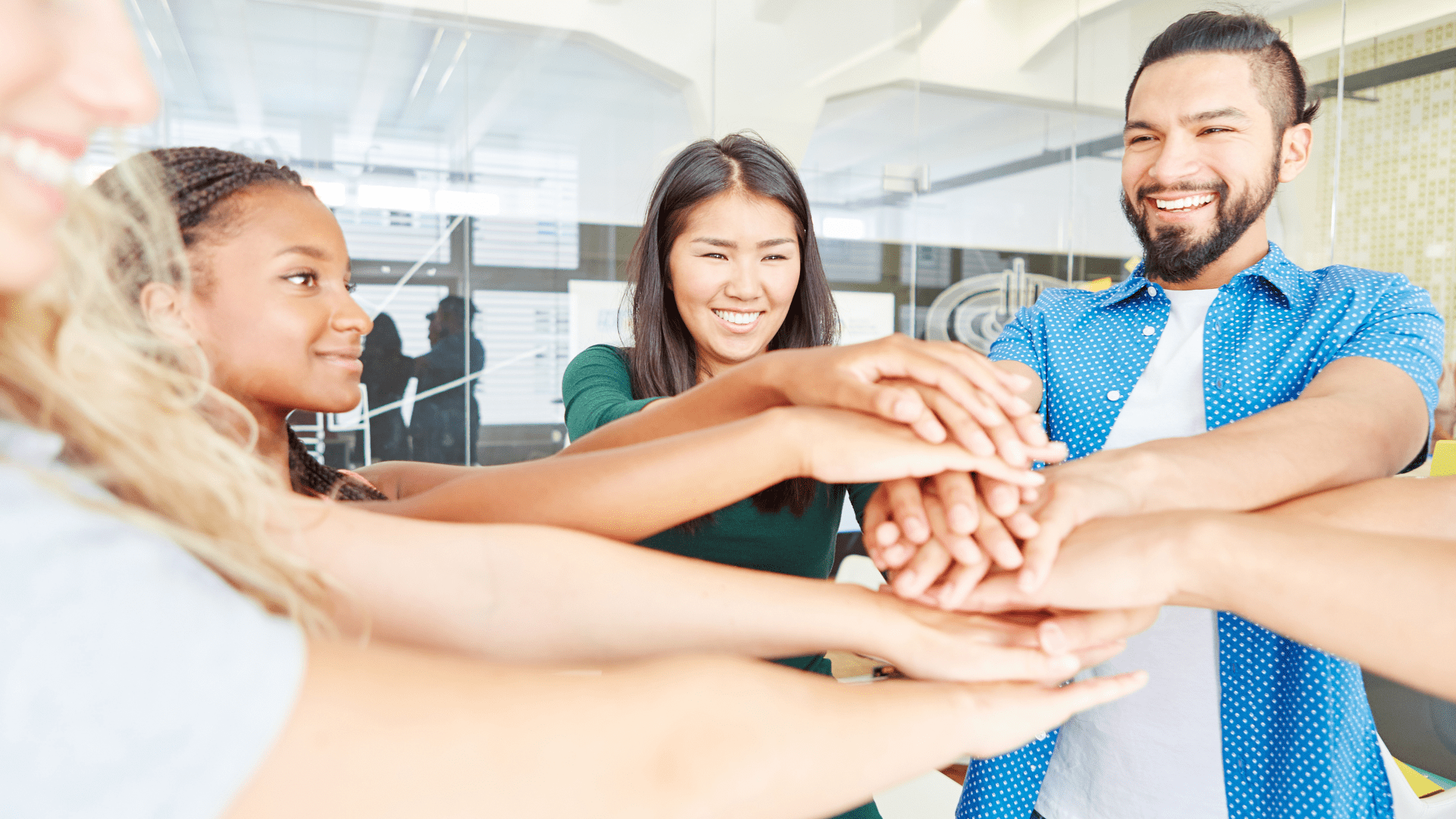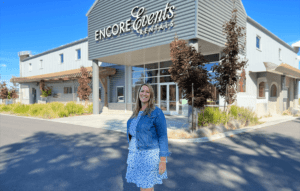Daniela Fernandez is the Founder and CEO of Sustainable Ocean Alliance (SOA). SOA is a non-profit organization that has cultivated the world’s largest network of next-gen leaders, entrepreneurs, advocates, mentors, and partners—all working to create solutions for the greatest threats facing our ocean and environment. Since 2014, SOA has established connections globally, with leaders in 186 countries and has supported over 56 environmental startups. The organization has totally disrupted the space of environmental entrepreneurship and brought in many young talents into the mission of saving the environment and making a change. All this started with Daniela’s idea at the age of 19, during her first year in college. Her perpetual hard work, passion, and belief in the importance of SOA’s mission has made the organization what it is today.
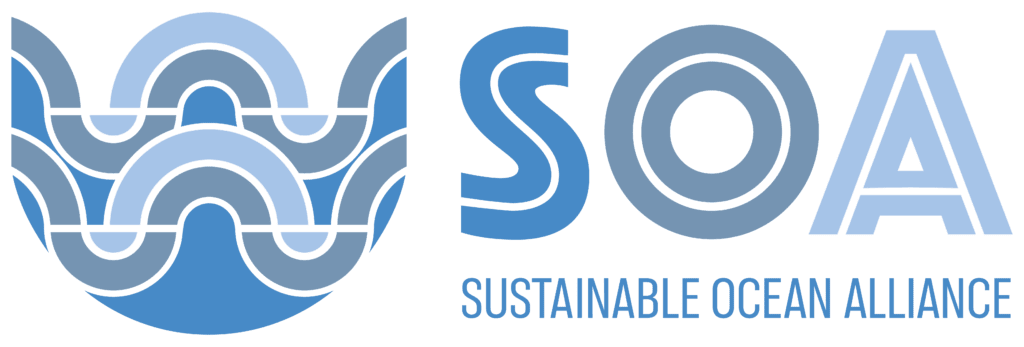
Daniela has been recognized for her work by former U.S. Secretary John Kerry, U.S. President Bill Clinton, and E.U. Commissioner Karmenu Vella. She is an international thought leader, award-winning speaker, Forbes 2019 30 Under 30 Social Entrepreneur, LinkedIn’s Top Voices in Social Impact, World Economic Forum Global Shaper, Expert Advisor to the Earthshot Prize, Member of the Friends of Ocean Action, and more. In this interview for Follow the Founder, we ask Daniela how it all began, and how she got where she is today.
SOA’s origin story
“I started the organization at the age of 19, when I was a freshman in Georgetown University. I had this earth-shattering moment. I was attending a UN meeting as a student and listening to heads of state, Founders, and CEOs talk about the problems in the ocean and planetary space. There was a lot of talk about problems, a lot of statistics that were shared, but no one came up with solutions.
“I felt very disillusioned and scared for what my future would look like, for the fate of my generation and those to come, given that the people in power did not have any sense of a blueprint of where they were going to take these issues.
“Another problem was that there were not enough young people that were part of these conversations. I saw myself being the youngest person in the room. Everyone else was older and predominantly male. I did not see any information being sent out from that platform either. It was a close-door meeting.”
For some people, uncertainty reaps fear, feeling limited, or like a victim. However, for the visionaries among us, this is a call to action – an opportunity to create something new, something that would truly transform the state of affairs and drive positive change. Scared by the lack of solutions, diversity, and new voices, Daniela was determined to do her best to address the issues she had seen.
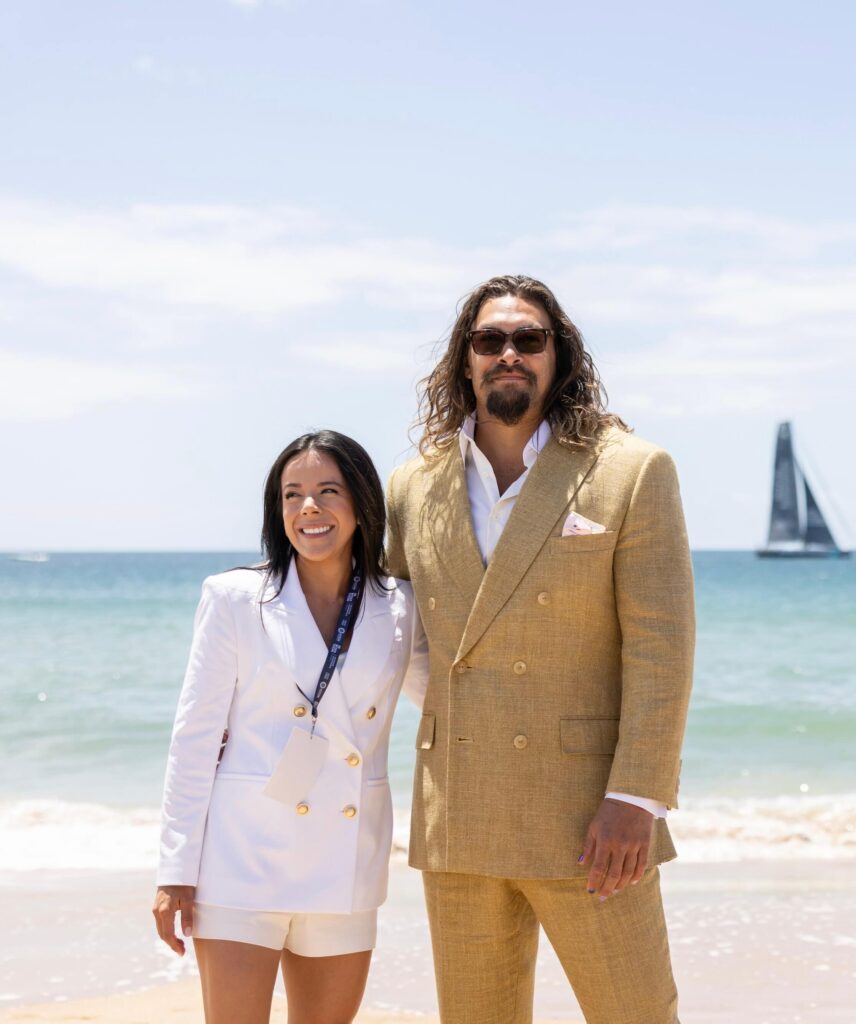
“I wanted to build a platform. I had no idea what that would mean. But I wanted to bring together my generation with existing leaders to create solutions for the ocean. That was the Genesis point of my idea.”
Having had the idea, next she had to pave a path to achieving what was needed. With no relevant experience at that point, Daniela started from a point she was familiar with: creating a university club.
“The first thing I did was create a college dorm-room club. I then went through all the motions to make it into an official university club. It was called the Sustainable Ocean Alliance.”
But her vision didn’t end there. Once she had laid the foundations, she was starting to dream bigger. She saw in her heart of hearts what was possible and was determined to get there. If you want to be a true disruptor, you have to dream big, you have to be confident in yourself and your mission, and not let other people bring you down. When you innovate, people will tell you that you’re mad, that what you want is impossible. Skeptics and critics are going to be everywhere. But you must not let them influence your vision.
“One of the first things we did was host an event: we organized the Sustainable Ocean Summit in 2015. I had this huge idea of bringing Sylvia Earle, renowned marine biologist, the CEO of National Geographic. I also wanted to bring Secretary John Kerry. I had big dreams and aspirations for who could come to this event. People thought I was absolutely insane to consider that these folks would attend. But I felt they had to come because it was their responsibility to connect to the younger generation. At the time, there was no communication or conversation happening with young people.
“We had over 500 students attend the event. We also streamed it. I had partnered with the State Department and sent them the link. There were embassy parties all over the world at this point, who were watching, learning about, and talking about our event. This is the origin story of SOA.”
Even after the tremendous success of her initial event, and many to come, Daniela didn’t think she’d be an entrepreneur. It wasn’t a career that was widely popular in her college or one she had envisioned for herself.
“I often feel as if people believe that being an entrepreneur is something that you have to plan for. And of course, there’s some planning to do once you decide to follow that path. But I didn’t even know what an entrepreneur meant at the beginning of my journey. Nor did I know what a non-profit was.
“I spent my four years of college building and hosting more of these events. A lot of young people were coming to me saying, ‘Daniela, I want to take this to my respective campus or university’. So I built a toolkit to replicate what I had done to share with them.
“At the beginning, my model was just empowering people. I didn’t have a plan as to how to go about this. But then reality came crashing in. When you’re junior and senior in college, you have to think about what you’re going to do for the rest of your life. I could not just stay in school running this club.”
The peer-pressure and societal expectations push many students to go into careers they don’t enjoy. This toxic trend leads to great job dissatisfaction, low confidence, and further down the line, mental health difficulties [1]. When Daniela attempted to follow the route paved for her as a Georgetown graduate, she didn’t waste time: she very quickly realized that it was not right for her.
“My background was Economics and Government. The traditional route that you would take with this was finance or consulting. So I did that: I went to interviews, I got job offers, but ultimately, I decided that it wasn’t for me. I did a couple internships while I was in college and kept quiting them early. I would either get bored out of my mind, or I would be busy attending ocean-related events. There was no point in being at the internships.
“I remember early on my mom and I would talk and she would ask why I did the internships. I always said to her I had to, I had to put in the hours so I could get a job in finance. When she asked why I kept quitting then, I didn’t know what to say or do about it. I was conflicted. Even early on, when I didn’t actively think about getting a job.
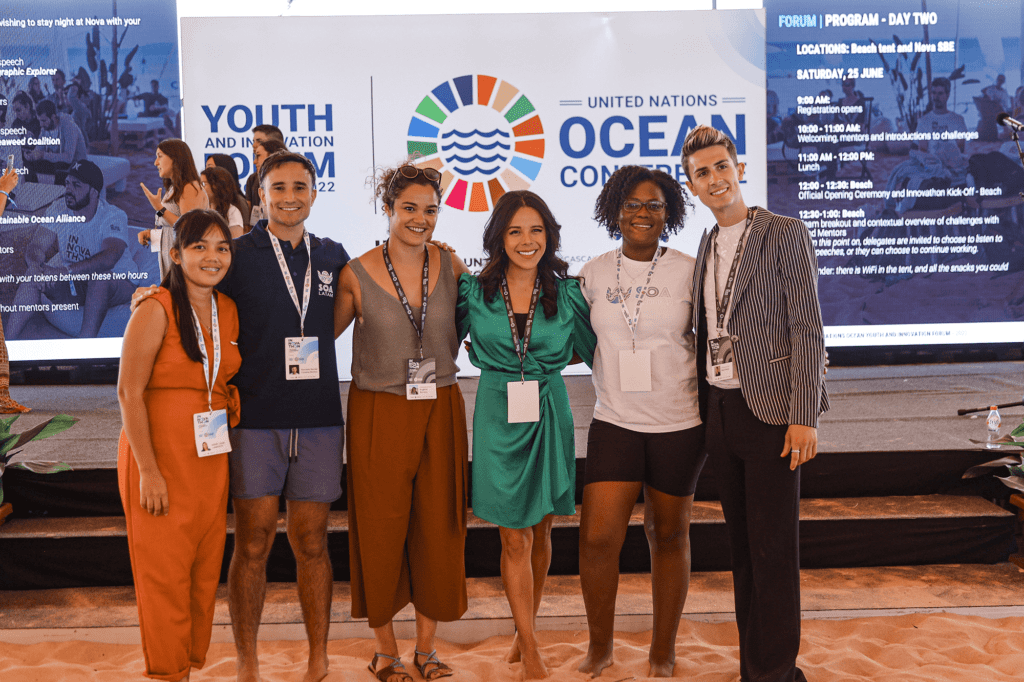
“Upon graduation, I decided to turn down every job offer. I believe I was the only student from my class that walked across the stage with no savings, no money, no job, just this hunger in my belly and this determination to continue building the concept that was Sustainable Ocean Alliance.”
When you have found your why, when you take risks to pursue your passion, when you put everything you’ve got into the cause, giving it your best and using challenges as fuel and motivation rather than reasons to give up, you are rewarded.
“Georgetown gave me a two-month stipend at the time, an internship with the university. But in essence, what my internship entailed was to go fundraise for SOA. Georgetown was incredibly supportive and helpful in making sure that I got this thing off the ground.
“So I fundraised for two months. I knocked on every door, spoke to every Foundation, every individual, all my professors… I shared my vision, my idea of building this organization that would empower young people to create solutions on the grassroot level, all the way to the for-profit side. Ultimately, I wanted to start an accelerator program in San Francisco because I realized that there was so much innovation and tech coming out of Silicon Valley. I wanted to channel all of the capital, the finances, all of the mentality that wasn’t Silicon Valley towards building solutions for the ocean. In the environmental space, at that time, using entrepreneurship for ocean conservation, ocean sustainability, or anything to do with the planet was just not the norm. It was something that was in my head and my vision.
“I ended up getting a challenge grant where a potential donor said to me, ‘I’ll give you $11,000 if you find some other people to give you the same amount’. And that was what led up to the journey ahead. It was the last week I had during this internship. I was ready to start looking for a job at that point. But once I got this challenge grant, I was able to raise $77,000 to enable me to move out to San Francisco and figure out what it would mean to launch his nonprofit.”
SOA today
Ten years down the line, SOA is the biggest network in the world for people working in sustainable ocean space, conservation, and climate change. Daniela’s passion and unfaltering determination made her vision a reality, establishing her as one of the biggest disruptors in her field and most prominent social entrepreneurs of our time. We finish the interview by asking her where SOA is today, and what the biggest highlights for her have been.
“The first one would be that I have this vision of starting the world’s first ocean accelerator program in Silicon Valley. We’ve transformed the traditional accelerator program to an ecopreneur network which means we’re no longer a time-bound accelerator. We are now a lifelong support system to the companies in our network, providing them continuous mentorship. We started with five companies that went through our programs, now we have over fifty-six. Seeing the amount of Founders, seeing them evolve and grow in their own way, knowing that we’ve added value to them on their journey, and supported them, is where I find a lot of joy and peace. All of my sacrifices and growing pains were worth it, because I can see them succeeding which also means the planet is going to benefit from their service and products.
“The other part is the impact on youth empowerment. We have the world’s largest network of young people in over 168 countries, with over 7000 youth that are actively building projects. They’re planting mangrove forests or seagrass, or launching major campaigns to prevent mining the deep sea. We have this huge movement of youth on the ground, every single day waking up and building a solution. When I meet them and talk to them, I can see how much we’ve changed their lives too. We’ve given them an opportunity to have meaning in this world and make a change. I think that goes a really long way.
“The last thing I’ll mention is that we are the first youth organization to have observer status at the International Seabed Authority. This means that we have a way to send youth delegates every single year to the seabed conferences. Right now, seabed mining is a very hot topic because there are a lot of corporations trying to mine the deep sea for nickel, cobalt, and minerals used for electric batteries. We’re arguing that this technology can be recycled. Major corporations like BMW and Google say we don’t need more extracted from nature, we can just recycle and reuse. But other corporations are trying to mine the very bottom of the deep sea. That would be catastrophic for humans and the environment because there’s frozen methane in the very bottom of the ocean. Biodiversity loss would occur. So we, as a generation, are trying to stop that from happening. It’s the first time that any of us in our lifetime can say ‘No’ to a huge environmental catastrophe before it occurs. So what we’ve done over the past 12 months is a major campaign to convince countries to say ‘No’ to deep seabed mining. We have 30 countries on board now which is something we’re incredibly proud of. And this is all because our youth convinced ministers and presidents to say ‘No’ to deep seabed mining.”
Daniela has managed to achieve an incredible amount in the first ten years of her career. A true visionary, disruptor, and leader. But as with many other Founders we interviewed, what led her to this beautiful place that exceeded her wildest imaginations was following her passion. Even though the path was not always smooth, consistency, determination, and belief in yourself and your mission are integral parts to success.
For more incredible Founder stories, advice and motivation, join our welcoming and growing community at Follow the Founder. You can also find us on Instagram or LinkedIn.
References:
[1] Impact of Peer Pressure on Career Choices, Prof Anil Kashyap,
Want to Keep Reading?
#GIRLBOSS: Sophia Amoruso
Sophia Amoruso shares how she went from dumpster diving to founding one of the fastest-growing retailers in the world

